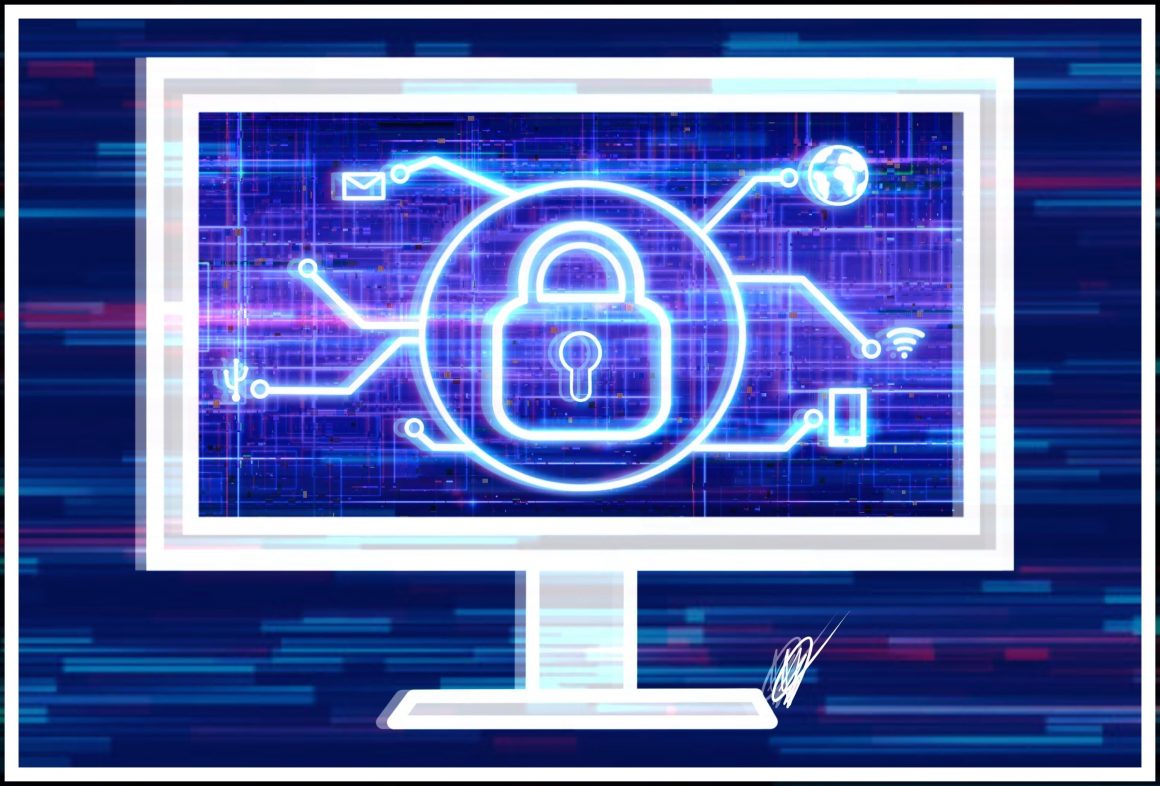
Enhancing security with quantum mechanics
By Roog Kubur, June 29 2022—
Cybersecurity is becoming more and more of a concern as technology develops to match societal needs — but hackers are working just as fast. A collection of University of Calgary graduate students in Dr. Daniel Oblak’s Quantum Cloud Lab are tackling this challenge by focusing on a different element 一 quantum cryptography.
Jordan Smith is taking the lead of the commercialization of this technology which includes the development of a prototype. Smith spoke about their research and what their vision is for its implementation.
“My research specifically is about using the laws of quantum physics to establish secure keys between parties which can be used to encrypt or decrypt messages and information,” he explained.
The current model for online security focuses on using complex mathematical equations to encode information, however this proves a liability as quantum computers have developed to solve these equations with ease.
Smith’s research instead uses quantum mechanics to build a measurement device independent quantum key distribution system (MDI-QKD) to create secure keys — or codes used to encrypt information — using a single photon. The photons of light are used to encode information, then detectors are used to receive and decode the information. This system, unlike the current one, is not dependent on the security of the detector. This means that anyone can have control of the detector, but the information will still be secure.
“Unless you can break the laws of physics, no one will be able to break the code,” said Smith.
Smith plans on commercializing the technology for organizations that house sensitive, long-term information such as financial services, medical records and insurance information. He stressed that organizations need to direct their concerns to investing in stronger encryption methods now because of the projected increased availability of quantum computers.
“Right now, quantum computers aren’t practical for computing, but it’s projected they will be in the next five to 10 years. It’s possible for eavesdroppers or hackers to download strongly-encrypted information, and as long as quantum computers are accessible, they’ll use them to decrypt the message,” he explained.
In the long term, Smith also hopes to eventually condense the technology down to be available on a cell phone.
This is part of the U of C’s Institute for Quantum Science and Technology under research regarding quantum information and computing. The Quantum Cloud Lab is taking strides in quantum cryptography and using their research as a platform for commercial applications.
